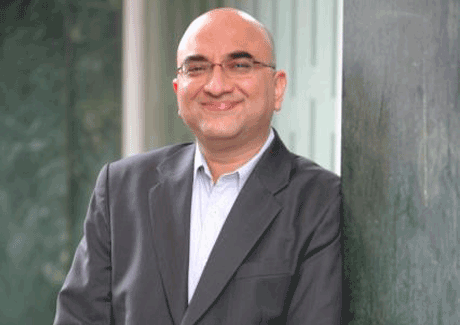Intel India has kickstarted 'Go Do Something Wonderful', a global campaign aimed at non-PC owners in emerging markets, where PC penetration is less than 15 to 20 per cent.
The campaign, based on the words of Intel co-founder Robert Noyce, and is aimed at inspiring consumers who don't own PCs to realise their potential and take steps to improve their lives.
India is the first country to see the rollout of this campaign, starting with a range of television commercials. Created with W+K Amsterdam, these commercials are aimed at demonstrating "wonderful things" made possible when "personal passion and a PC with 'Intel Inside' meet".
Directed by the award-winning Dante Ariola, the 60-second spot was filmed across India. The campaign also incudes print and digital outreach, including mobile and social elements that will be rolled out in the coming months. Media planning and buying will be managed by OMD.
The campaign also ties into Intel's outreach programmes in India, which involve fostering collaborations across both public and private sectors to deliver devices, education programmes and training initiatives.
Jayant Murty, Intel's Asia-Pacific Director, brand strategy and integrated marketing, describes the campaign as one that has the potential to work across multiple markets, although he would not name the campaign's next market.
"In 2012, we're getting started with India," he said. "It’s early days and the campaign is less than a week old, but we’re excited about it and starting to work through plans for 2013."
In future, Intel hopes to creates a platform that will allow "wonderful" stories to be shared by users. "Many stories are likely to be universal due to the basic human achievement element, but equally, they can be local too," Murty said. "We see our role as facilitating the creation and exchange of stories."
Although Intel's manufacturer partners have introduced tablets, 'Go Do Something Wonderful' is mainly aimed at PCs because the devices allows users to "do, not just experience", explained Murty. "To be active and not passive."
This article first appeared on Campaign Asia-Pacific


